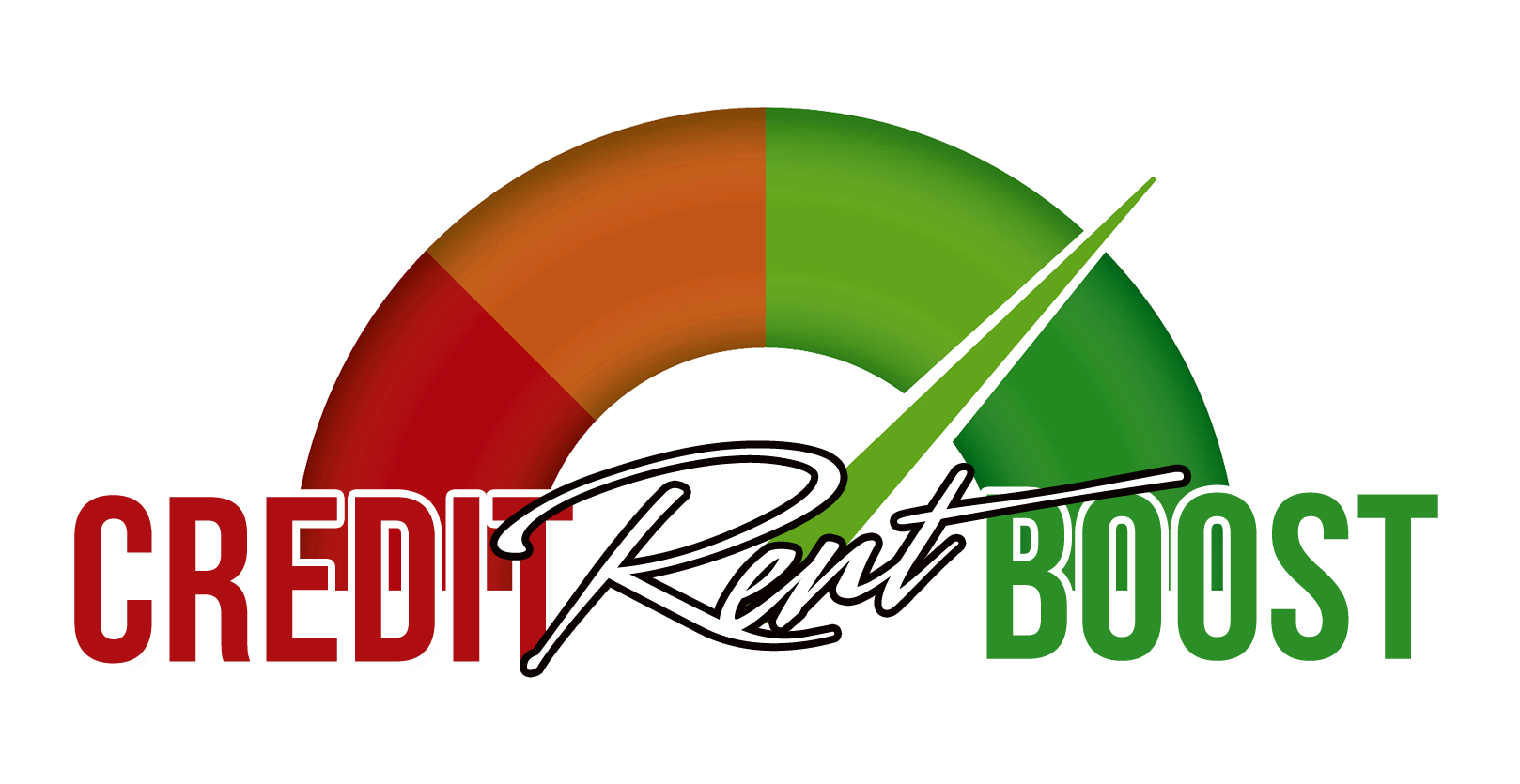Today let’s learn to fix credit reports, staying in optimum credit limit and creating a routine of on-time payments within a short span of time.
It’s essential to build a good credit score to qualify for the loans you want. When you do, you get lower interest rates, better car insurance rates, and one great opportunity to skip utility deposits. Even if your credit score is in good health, you might want to keep building it to unlock a wide variety of benefits that apply to you when you stay right at the border of good and excellent.
Continue reading to find out how to improve your credit by 100 points in 3 steps.
Is There Any Short Route to Better Credit?
Maybe yes, maybe not, because aiming for an instant credit boost technique makes you want to behave realistically. Makes complete sense, right? So which of the following is the most practical for you to give a shot over the next three months?
- Check your credit reports for errors and fix them now. .
- Pay down your credit balances.
- Pay every bill on time.
- Fix the errors on your credit reports
We have to take into account the report by the Federal Trade Commission that says “About 5% of consumers honestly look for the mistakes on their credit reports which are pretty disastrous and can result in an unnecessarily higher price for a financial product or insurance. These errors, if not fixed immediately, can drop your credit score drastically, and personally, one would not like to invite such trouble. Also, most credit report mistakes result from human error — either by a consumer or by a credit issuer-”one of the two.”
For Example: While applying for credit, you use a nickname instead of a full name. The second relevant example is of a creditor who swaps digits in a Social Security number or records a payment to the wrong account.
Collect the free report every 12 months from each of the three well-known credit bureaus: Equifax, Experian, and TransUnion or download report from
AnnualCreditReport.com, and look for various mistakes like payments marked late even though you paid on time or negative information that’s too old like ten-years-old, to be listed.
Afterward, prepare for dispute resolution to get those errors removed.
- Try to stay well under your credit limit
Your credit consumption — that is, how much of you spend the credit— can put a significantly negative impact on your current score. Both overall and per-card utilization contributes to the expenditure of credit. However, it can be managed if you follow these steps:
- Try making multiple small payments —micropayments — during the month to lower balances. Even try using your credit card like a debit card.
- Strive for a credit limit increase. This happens when your limit grows, but your balance doesn’t get affected. Thereby you instantly lower utilization. Ask your card issuer whether you can achieve a higher limit without a “hard” credit inquiry.
- Manage balances on the cards that are carrying the highest utilization. Consider a tax refund or other professional help. A $350 payment on a $400 limit card can strike a big difference.
- Transfer some debt. A debt consolidation loan is extremely useful to reduce or eradicate card balances, lowering your utilization. As soon as a lower balance is reported on your credit report, this will be reflected in your scores.
Thus, if you have maxed-out credit cards, you typically can boost your scores by approximately 100 points if you pay them off, according to John Alzheimer- a former credit score expert of FICO and Equifax.
- Make sure your payments are current
There’s no such strategy in the entire world that can make your credit score jump to the desired peak unless you’re paying on-time. Why? Payment history constitutes the biggest influence on credit scores, but at times, luck takes charge. For instance: If you miss a payment by 30 days or more, inform your creditor immediately. Ask him/her clearly if they will remove the reported delinquency so that it is no longer is seen on your reports. Each month an account is marked negatively, your score gets affected, and 60-day delinquency hurts much more than 30-day delinquency.
You can avoid the mishap by paying every bill on time to eliminate the negative marks with recent positives. Similarly, sign up for due-date reminders from your credit card issuers to diminish the risk.
Conclusion
Is a 100-point instant credit boost possible? The groundbreaking answer from Rod Griffin, director of public education for Experian is “Yes.” “The poorer a person’s score, the more likely they are to attain a 100-point increase. That’s simply because there is much more benefit, and small changes can result in greater score increases” –he further added.








